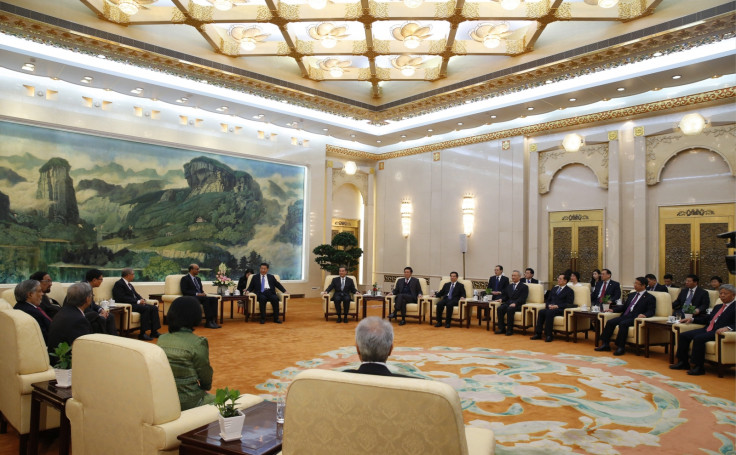Taiwan to apply for AIIB membership as it seeks to join various international bodies

Despite political tensions with China, Taiwan will apply to join the China-led Asian Infrastructure Investment Bank (AIIB).
Taiwan's presidential office said in a statement that the island nation would submit an application on 31 March — the deadline for accepting such applications — as it believes an AIIB membership would help it join other international organisations.
The membership would "increase the odds of the country participating in international affairs and international economic and trade organisations", a spokesman said in the statement.
It is not sure if China, which does not have any diplomatic relations with Taiwan, would accept the application.
Most countries, including the US, do not accept the legality of Taiwan as a nation. The country is not part of prominent international bodies such as the United Nations, the World Bank and the International Monetary Fund.
China and Taiwan have signed a number of trade and investment deals since Taiwan's current president Ma Ying-jeou took office in 2008, signalling easing of tensions between the two nations.
Meanwhile, China has welcomed the applications of Russia and Finland to join the AIIB, adding that the countries will become founding members on 14 April and 12 April, respectively, if all existing members approve.
In October 2014, representatives of 21 Asian nations convened in Beijing to inaugurate the AIIB, which is focused on providing funding to infrastructure projects within Asia. The bank was initially capitalised with $50bn (£31bn, €39.5bn), half of which was funded by China. The authorised capital of the AIIB is $100bn.
Britain became the first major Western country to apply to become an AIIB founding member, and was followed by major European nations including France, Germany, Luxembourg, Switzerland and Austria.
The decision of the countries, most of which are close allies of the US, comes despite warnings from the US over the AIIB's governance and environmental standards.
© Copyright IBTimes 2025. All rights reserved.






















